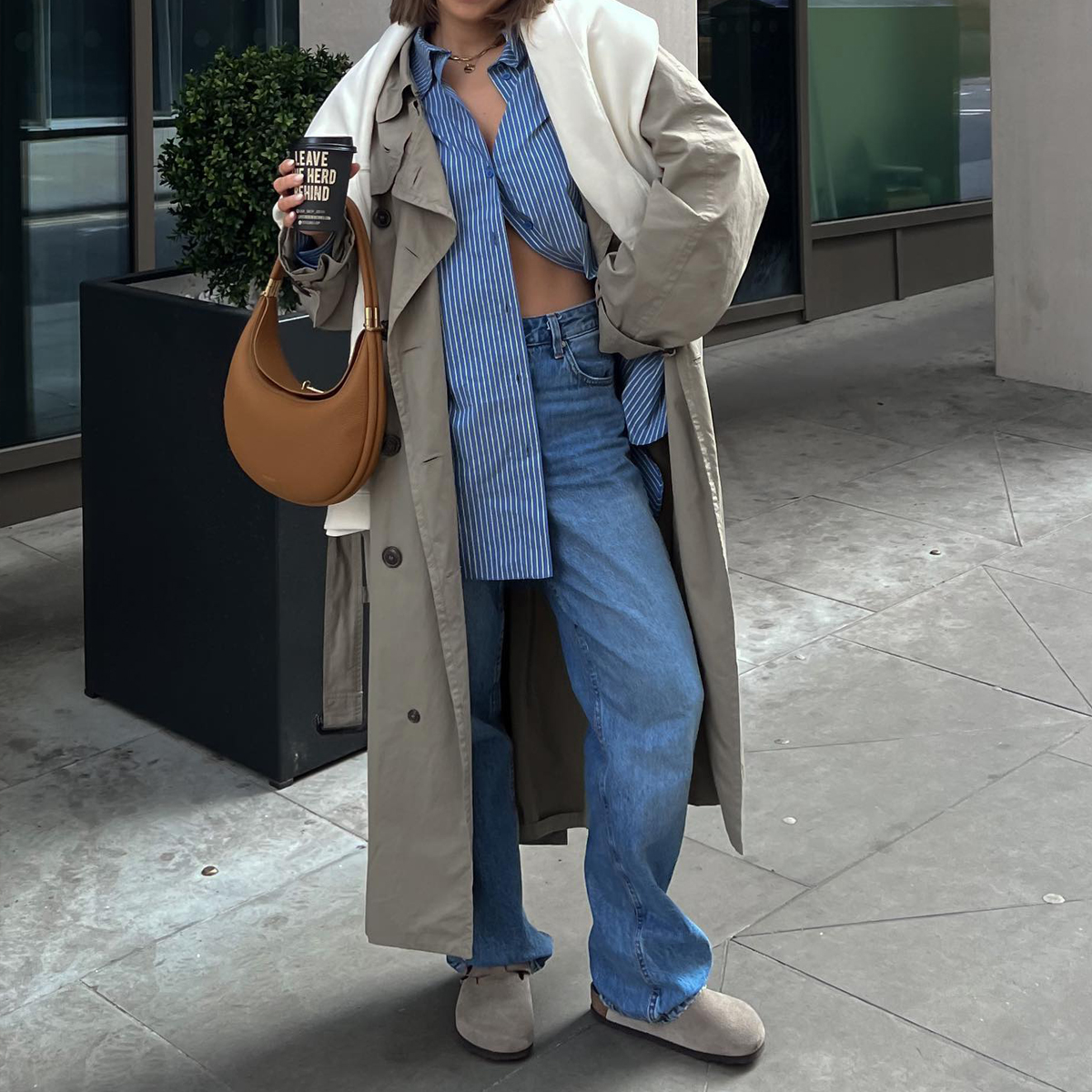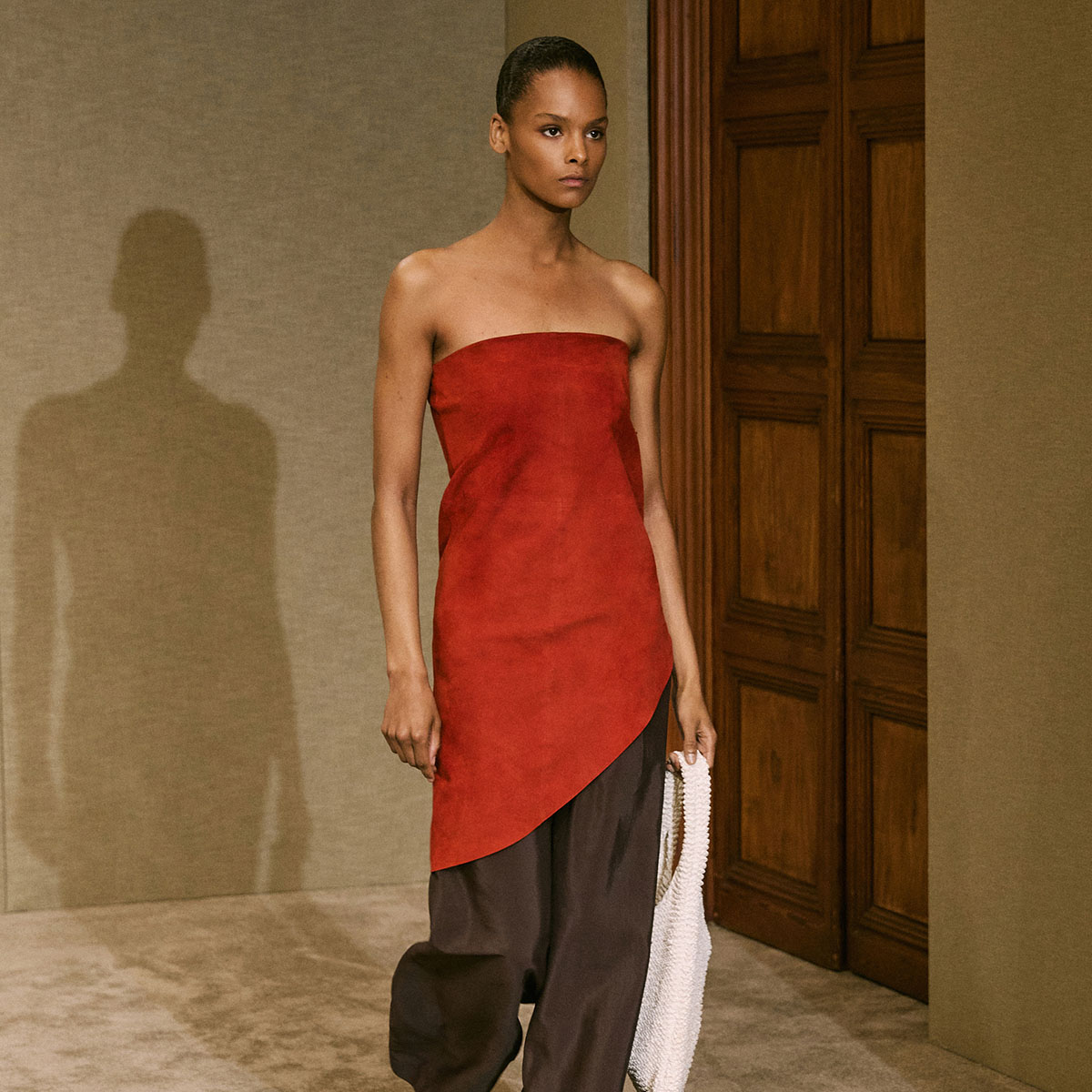Meet the Intimates Brand Disrupting the Adaptive-Clothing Industry—One Bra at a Time
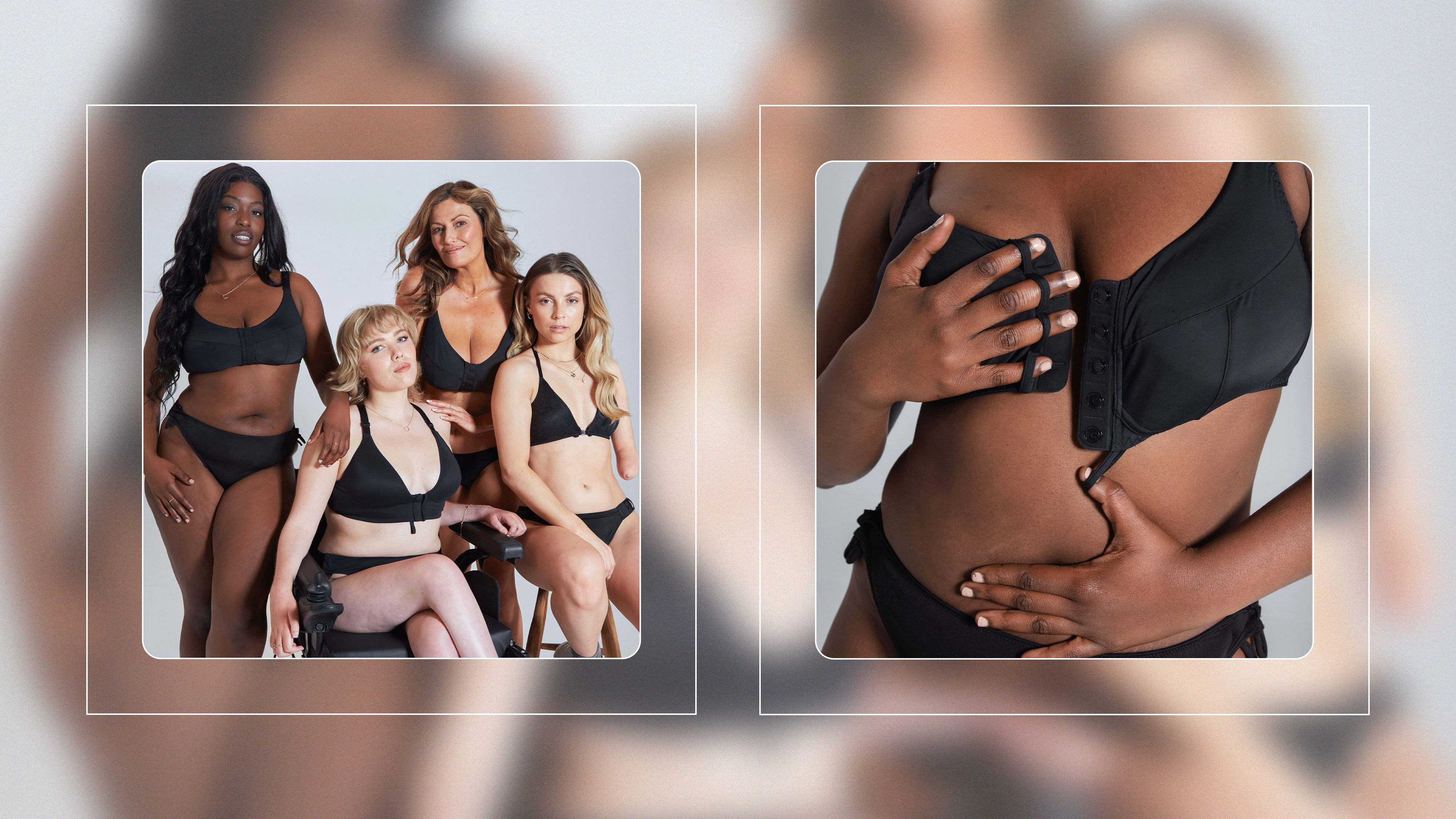
As the fourth-largest industry in the world, fashion holds great sway over societal trends and has the power to instigate meaningful social transformation. Despite its tremendous impact, fashion has yet to prioritize accessibility for a group of individuals who want and need it—the 28.7% of the U.S. population living with disabilities. There remains a noticeable absence of functional and fashionable adaptive clothing options, which is particularly noteworthy given the substantial number of people with disabilities in the world.
According to the Centers for Disease Control and Prevention, more than one in four Americans live with a disability. These disabilities encompass a wide range of challenges, including mobility issues, cognitive difficulties, and challenges with self-care, such as getting dressed.
You can argue that we've seen apparel and lingerie companies like Tommy Hilfiger, Victoria's Secret, and Skims recognize this group as an important economic force, but is it enough? Emma Butler, the founder of Liberare, thinks not. She believes these small steps—featuring people with disabilities in campaigns and offering exclusive collections for them—only scratch the surface.
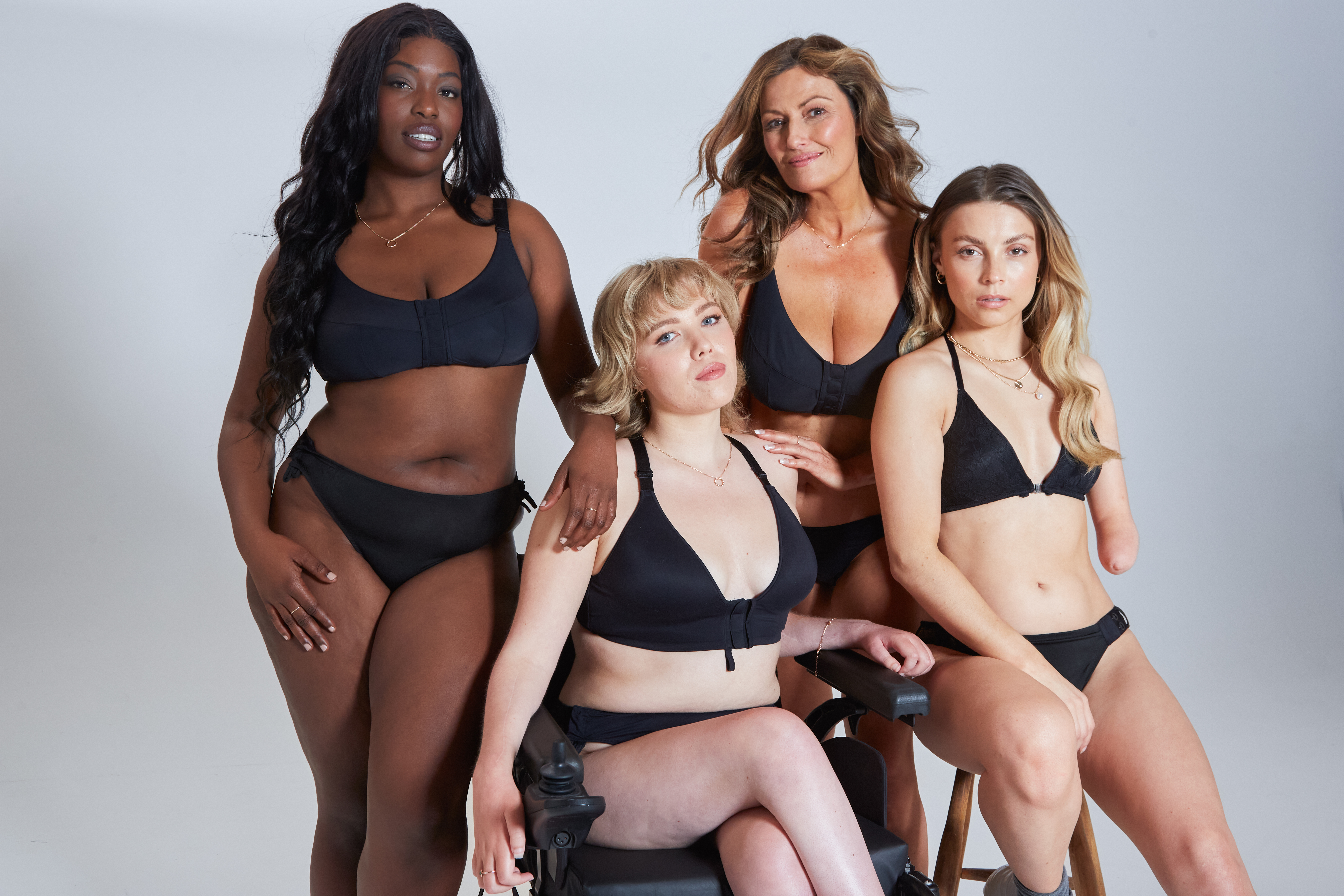
In response, Butler has taken it upon herself to pioneer change by launching Liberare, an innovative adaptive-lingerie brand designed for independence and confidence.
It all began in 2019 when Butler's mom started experiencing chronic hand pain for the first time. "A lot of things became difficult, specifically putting on a bra with hook-and-eye closures on the back," she says. Seeing that struggle firsthand, Butler couldn't believe there were no other bras out there that let her mom get dressed without experiencing pain. Fast-forward a few years, Butler was in college, where she encountered other women facing similar challenges, and recognized an opportunity to address their needs. "I thought, 'This is a huge white space. Why isn't anyone making easy-on intimates for these women?'" she questions. Without professional experience—just insights from her entrepreneurial process class at Brown University—Butler launched Liberare after four years of development.
The origin of the brand's name, Liberare, is Latin and means "to liberate." This perfectly encapsulates its mission of ensuring that everyone wakes up each morning feeling able to express their best selves without any constraints. To do this, Butler has curated an all-female team of women who get it, most of whom either have a disability or have experienced some hardship that's left them seeking functional solutions. "From our social media manager, who is a quadriplegic, to our chief creative officer, who lives with spinal muscular atrophy, we are committed to this mission," she says. "This authentic backing ensures that the needs of individuals with disabilities are represented in the design process and that the resulting clothing is accessible to a broader range of individuals."

For its debut, Liberare introduced the Easy-On Bra collection. "I wanted to start with a bra line since it was the biggest pain point for my mom and friends. It also ties so closely to how we feel about ourselves, as it's the first thing women put on when getting dressed," Butler says. "I wanted to make sure I created bras that were easy to put on and remove, supportive, comfortable, lifting, all while exuding a sense of beauty rather than appearing medical."
The first change Butler and her team made to the bra involved replacing traditional hook-and-eye closures and Velcro zippers with more practical options, such as a magnetized closure with an interlocking design on the front. This ensures effortless fastening while providing ample support for cup sizes up to G. Additionally, they added grip loops after feedback from a quadriplegic employee highlighted the need for an alternative fastening method that didn't involve pinching the fabric. Moreover, in alignment with Butler's belief that all women, including those with disabilities, deserve to feel beautiful and confident, the intimates were designed to exude elegance and allure. "We also added delicate lace embellishments on the back, a flattering neckline, sculpted [and] molded cups, and a seamless, wireless construction that is gentle on the skin," she says. "All of these contribute to the aesthetic appeal and comfort of the collection."
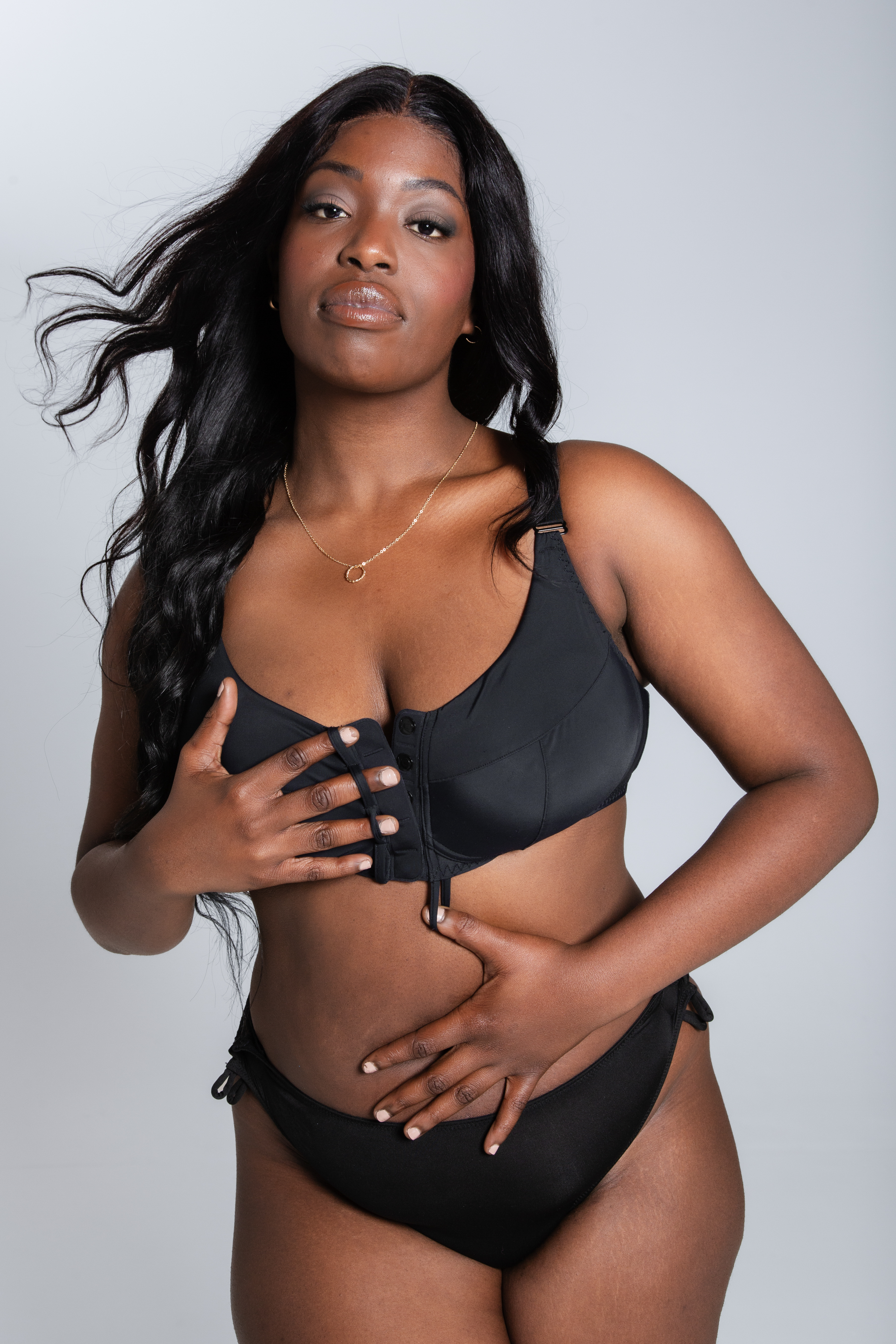
Butler initially designed Liberare for individuals with disabilities but soon discovered that her customer base was much broader than she first expected. "We learned that the people who buy our bras aren't necessarily disabled—they are loved by anyone who desires a hassle-free and stylish bra without the inconvenience of hooks," she explains. "Liberare has evolved into something more than just adaptive intimates. It's a brand that wants to instill confidence, embrace comfort, and provide foundational pieces that make getting dressed a stress-free experience for everyone."
Recognizing that individuals with disabilities prefer not to be limited to shopping at specialized stores, Liberare has taken steps to collaborate with mainstream brands and retailers. Through these partnerships, the brand aims to create inclusive environments where people with or without disabilities can shop together. In four short years, Liberare has sold its products to well-known names such as Aerie, Victoria's Secret, and Nordstrom and is actively working on forming more collaborations.
Liberare has evolved into something more than just adaptive intimates. It's a brand that wants to instill confidence, embrace comfort, and provide foundational pieces that make getting dressed a stress-free experience for everyone.
Emma Butler, Founder of Liberare
Butler remembers the initial stages when she faced skepticism and ridicule when expressing her passion in this area. "Although others initially ostracized me, I am now grateful to see that the pendulum has swung the other way and that greater efforts are being made to recognize the adaptive-fashion market and meet the needs of people with disabilities," says Butler. While she hopes for continued progress, Butler wishes that more brands would allow people with disabilities to hold influential positions. "It's one thing to have these disabled people model adaptive collections in front of the camera, but it's even more impactful to have them involved in decision-making behind the scenes," Butler says. "This is when we'll witness real transformation within the fashion industry."
Shop Liberare's best-selling pieces:
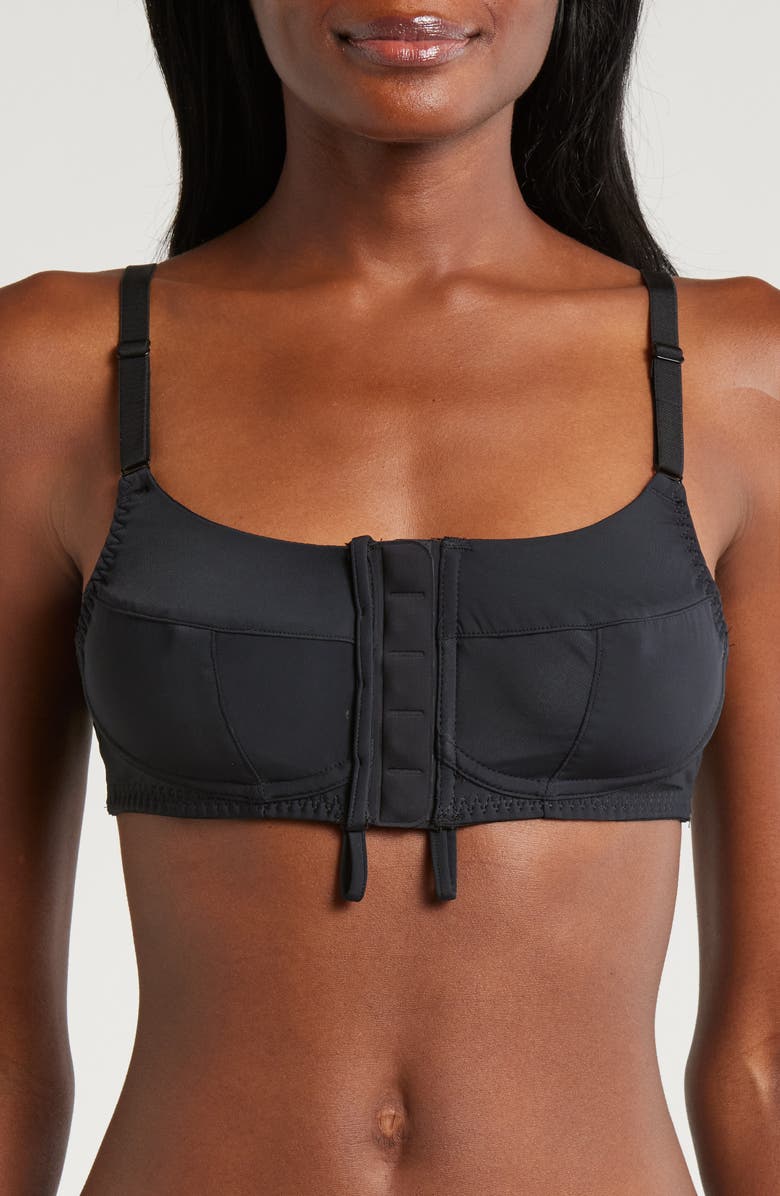
This signature bra features a magnetic front closure and finger loops, both of which contribute to an easy-on process.

If you enjoy the Everyday Easy-On Bra but prefer a plunge neckline, then this bra is perfect for you. It includes the same magnetic closure and finger loops along with a beautiful lace detail at the back.
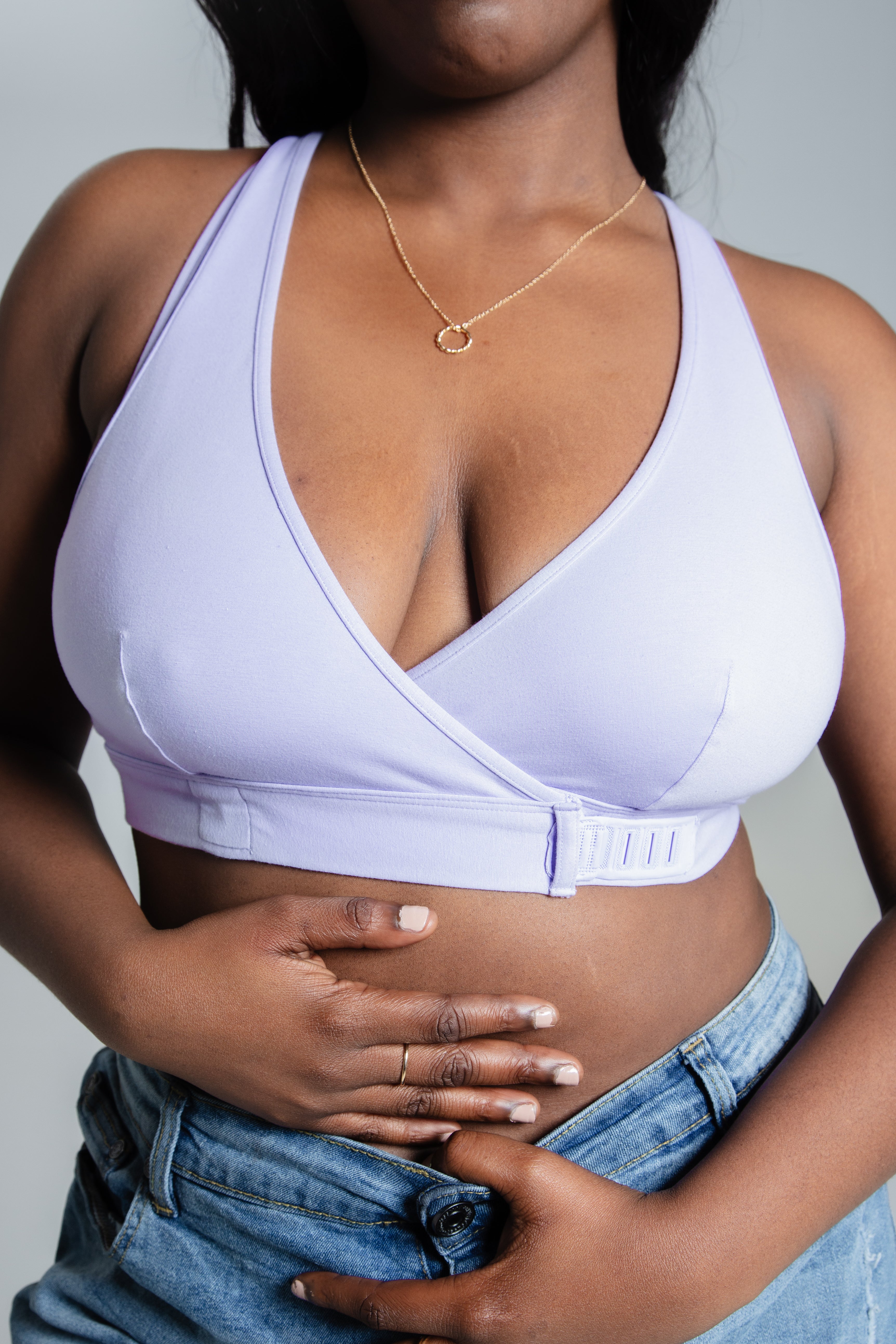
This soft cotton bralette features everything one would want in a bra—extra-soft Velcro for fastening stability, an assistive dressing loop, a breathable material, and an adjustable closure.
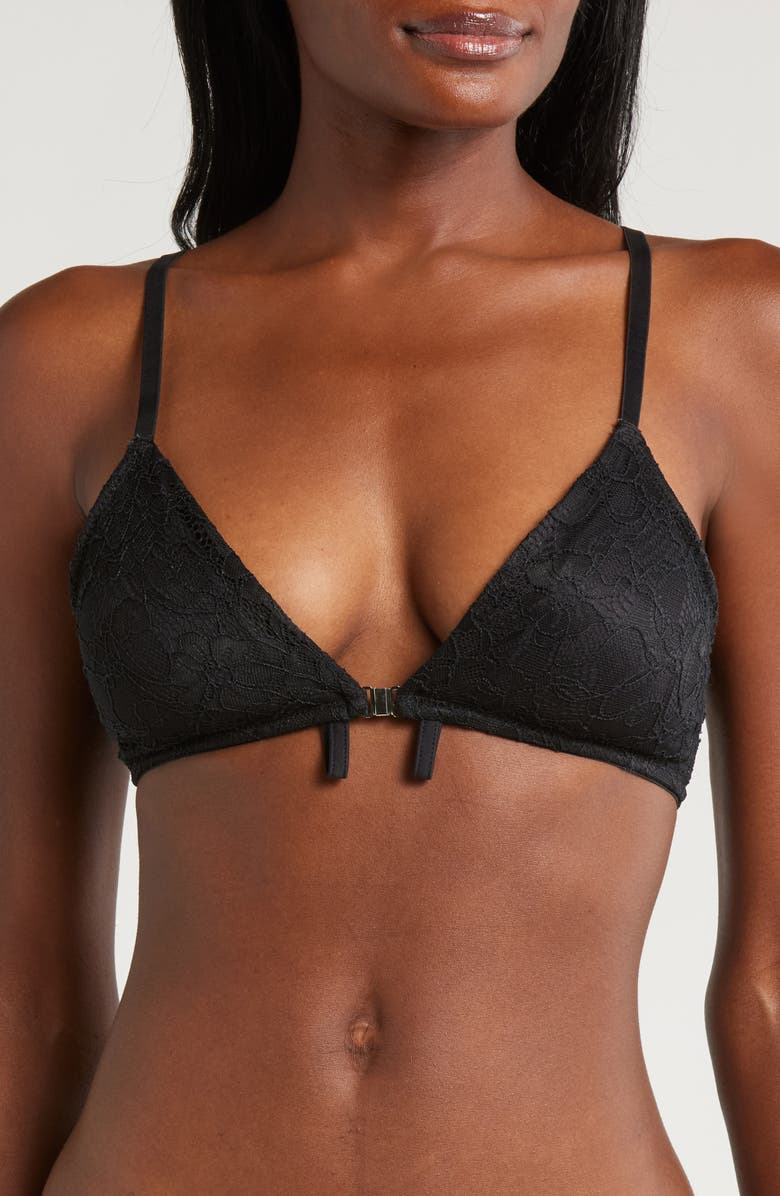
This beautiful bra features a magnetic clasp, making it super easy to put on, and pull tabs to avoid the need to pinch.
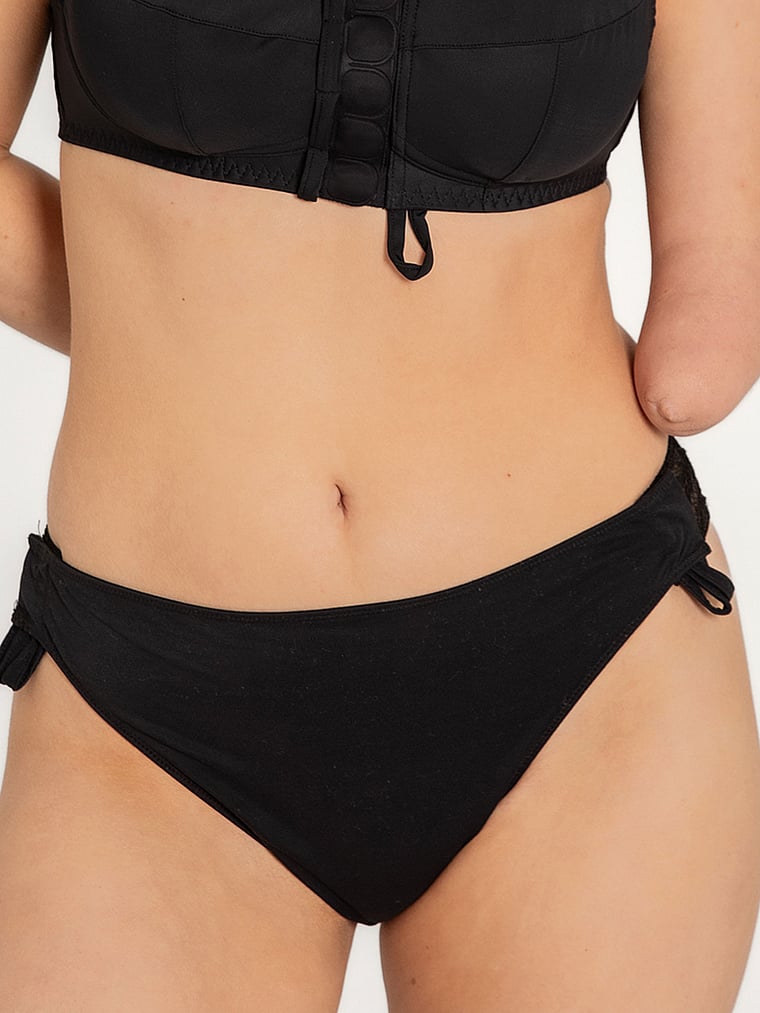
This functional pair of mobility-friendly underwear features a sleek Velcro side opening and assistive dressing loops to prevent pinching as well as a sexy sheer lace detail across the back.
Nikki Chwatt is an associate fashion editor based in New York City. She joined Who What Wear in 2024 after writing fashion, beauty, and lifestyle content for WWD, Well+Good, Editorialist, and more. With a passion for personal style and the creativity that comes with it, one of Chwatt's goals is to help others understand that there is no such thing as a “good” or “bad” style; it’s just about putting an outfit together that makes you feel confident in yourself. When she's not writing, you can find her taking a Pilates class, reading a powerful romance novel, or exploring a new wellness spot in Manhattan.
-
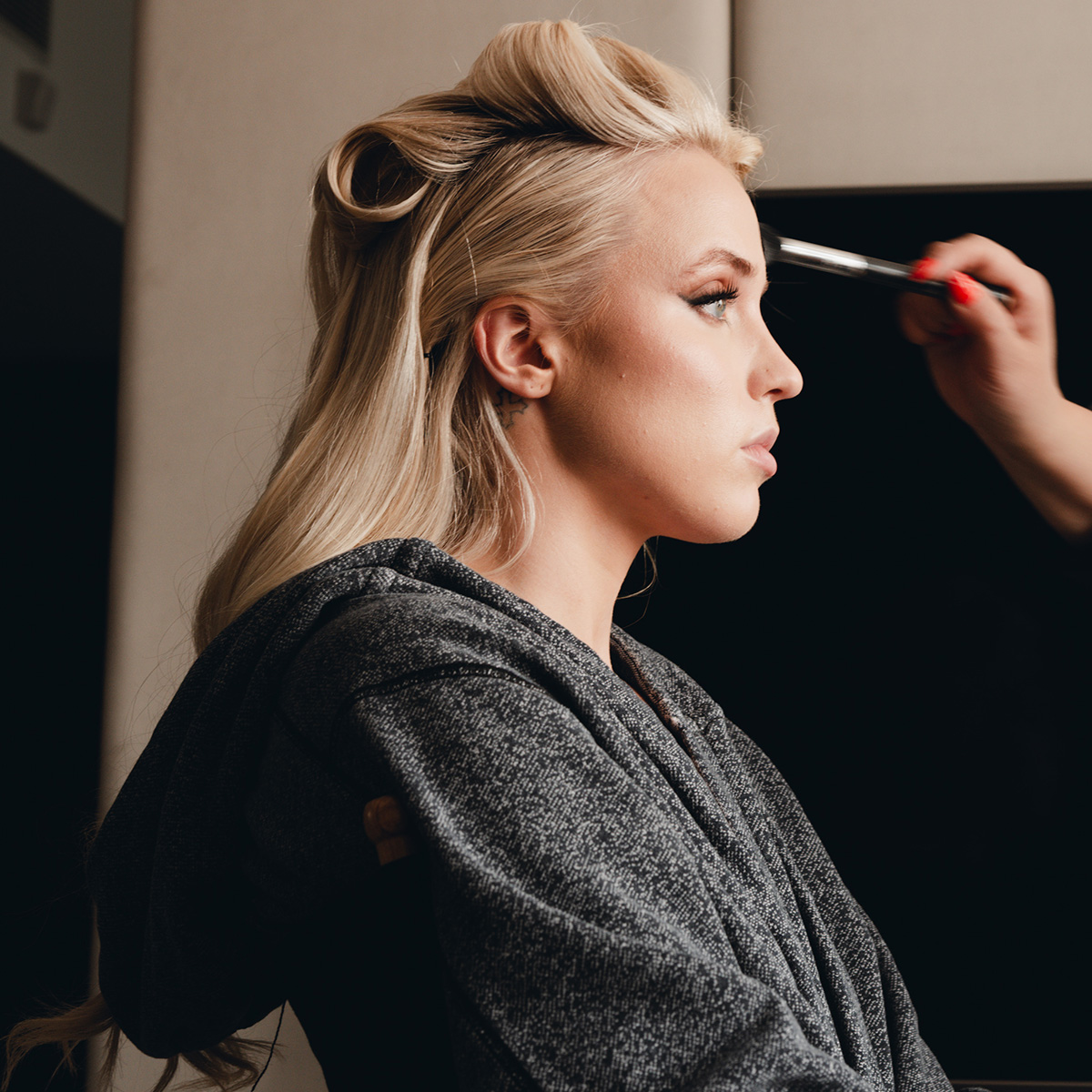 Hailey Van Lith Went Pro in Custom Coach, the Official Handbag Sponsor of the WNBA
Hailey Van Lith Went Pro in Custom Coach, the Official Handbag Sponsor of the WNBADetails inside.
By Eliza Huber
-
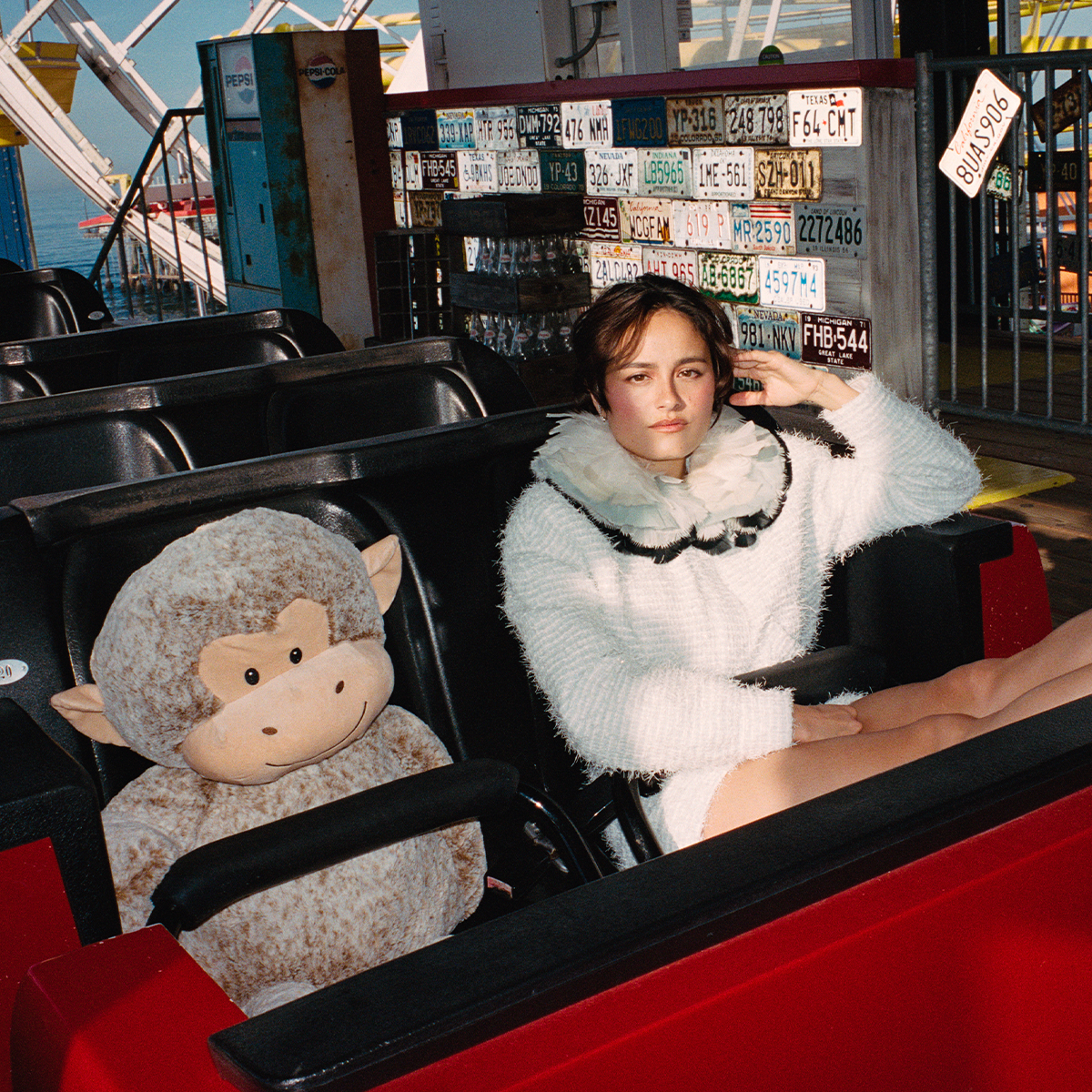 Chase Sui Wonders Demands Your Attention
Chase Sui Wonders Demands Your AttentionThe burgeoning actress came of age with Seth Rogen's movies. Now, she's starring in his latest project—The Studio, the Hollywood meta comedy now streaming on Apple TV+.
By Anna LaPlaca
-
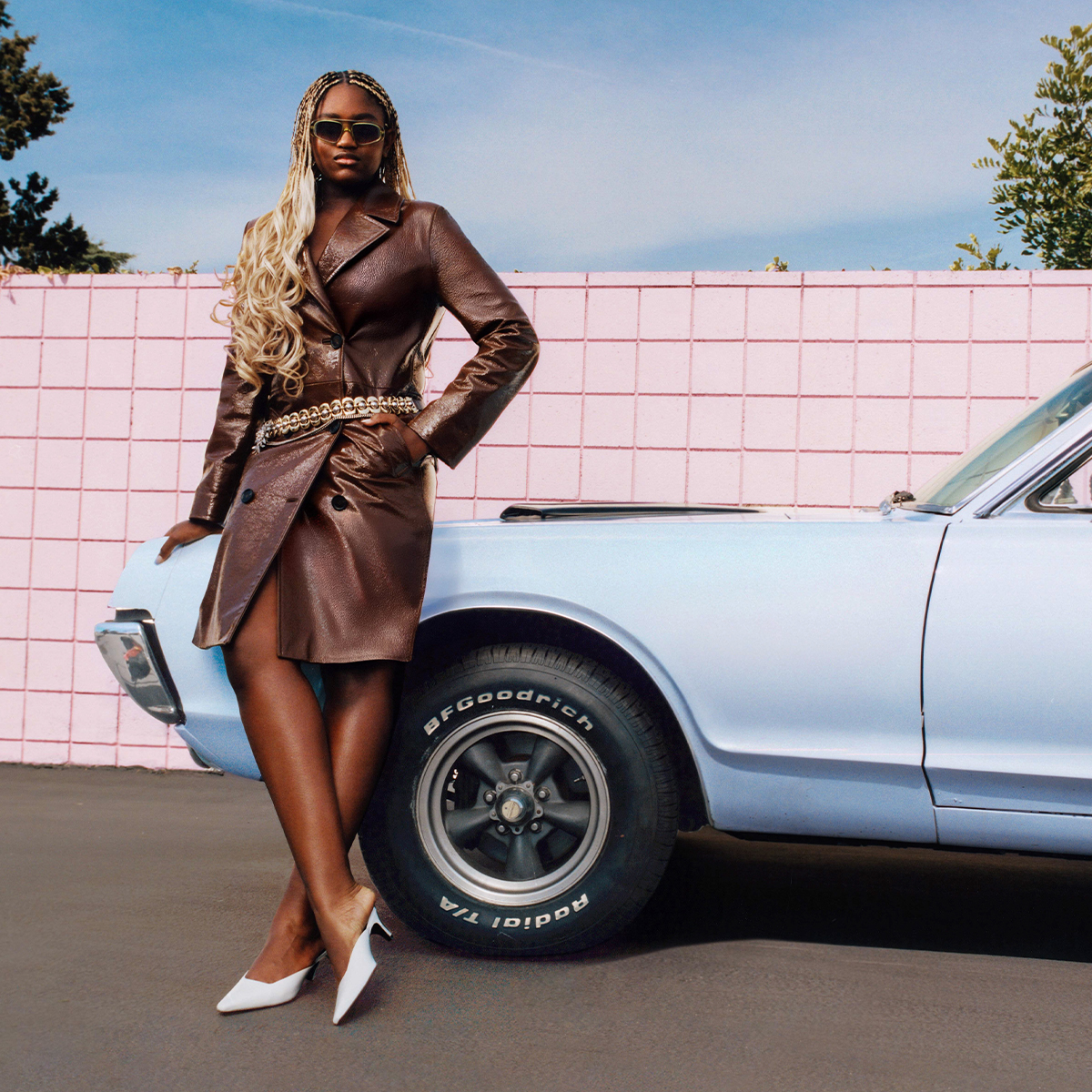 Reimagining Girlhood With Zaya Wade
Reimagining Girlhood With Zaya WadeAt just 17 years old, Zaya Wade is rewriting the narrative on what it means to be a Gen Zer.
By Ana Escalante
-
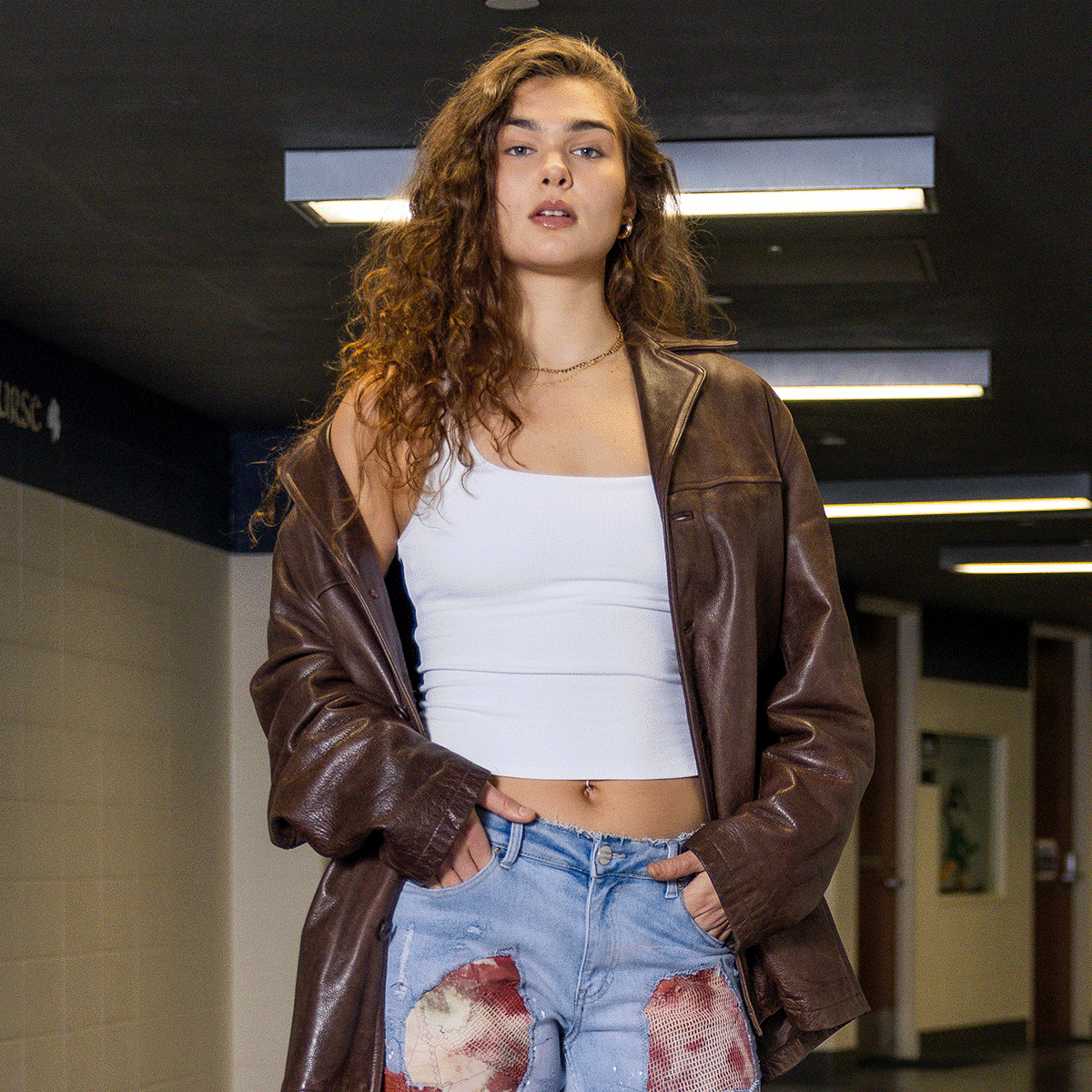 What Happens When College Basketball Embraces the Tunnel 'Fit?
What Happens When College Basketball Embraces the Tunnel 'Fit?I asked Notre Dame's Maddy Westbeld and Coach Niele Ivey.
By Eliza Huber
-
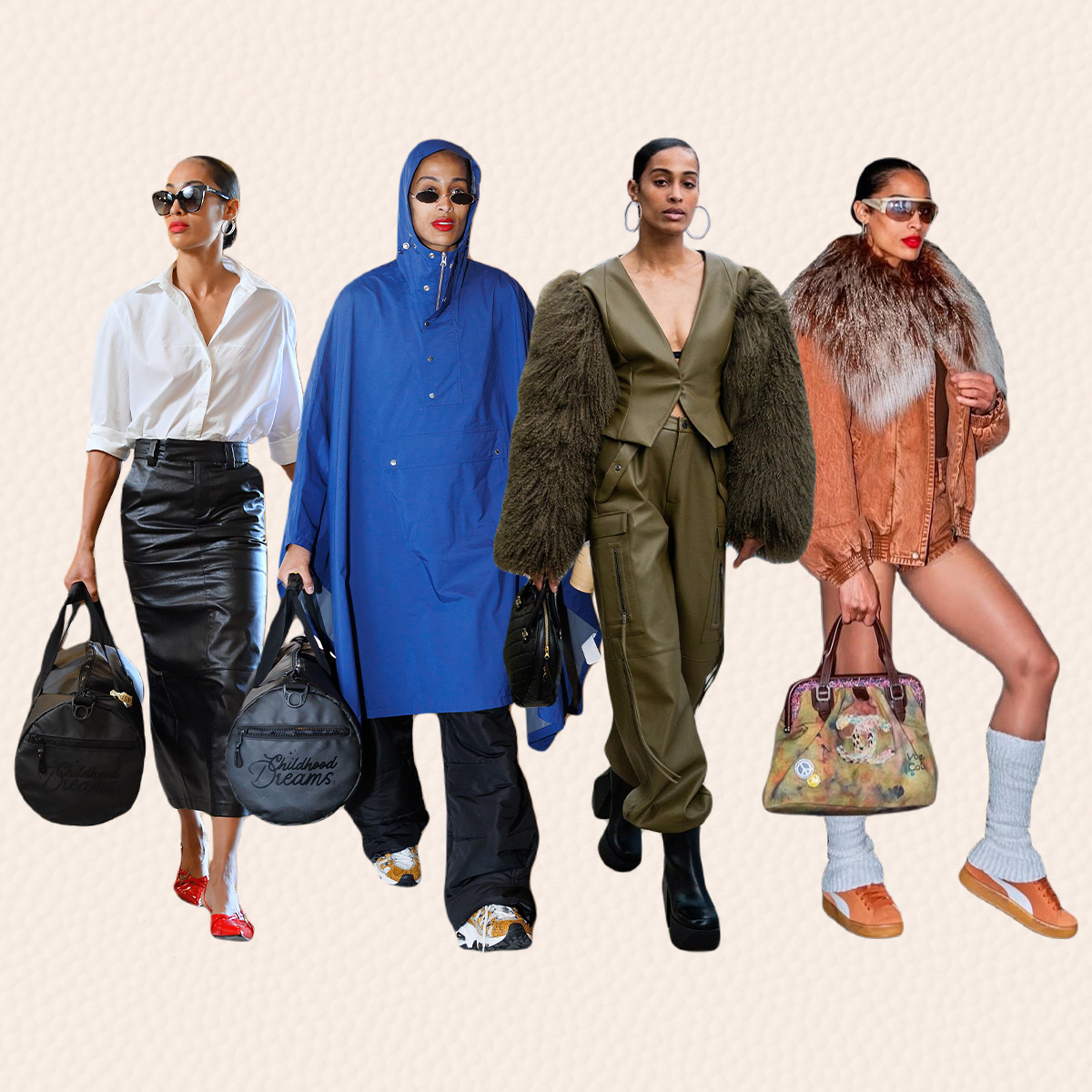 The Power of Styling in Sports
The Power of Styling in SportsIn conversation with Skylar Diggins-Smith and her stylist, Manny Jay.
By Eliza Huber
-
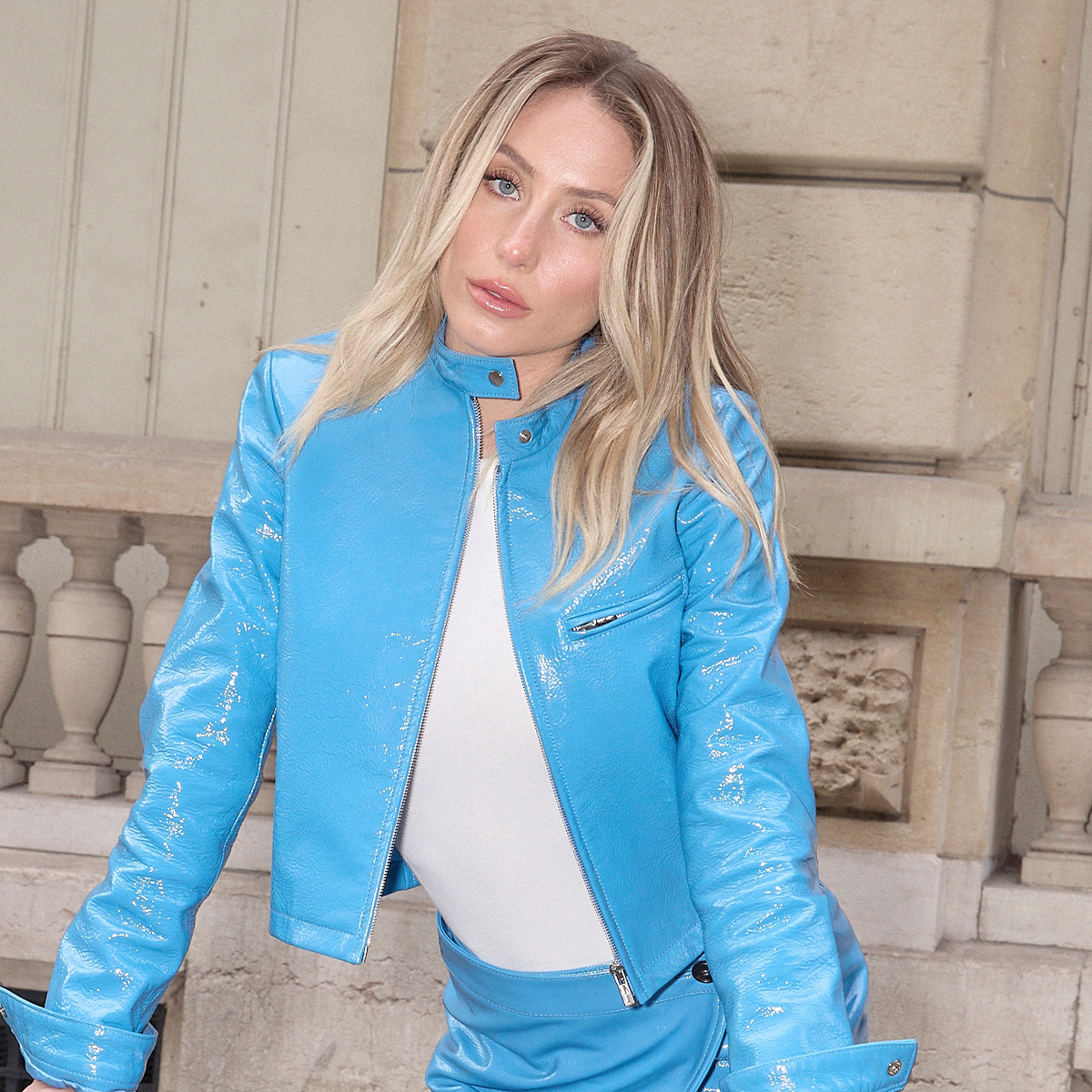 Alix Earle Takes Fashion Risks for Miu Miu (Yes, That Includes Socks With Heels)
Alix Earle Takes Fashion Risks for Miu Miu (Yes, That Includes Socks With Heels)Anything for Mrs. Prada.
By Ana Escalante
-
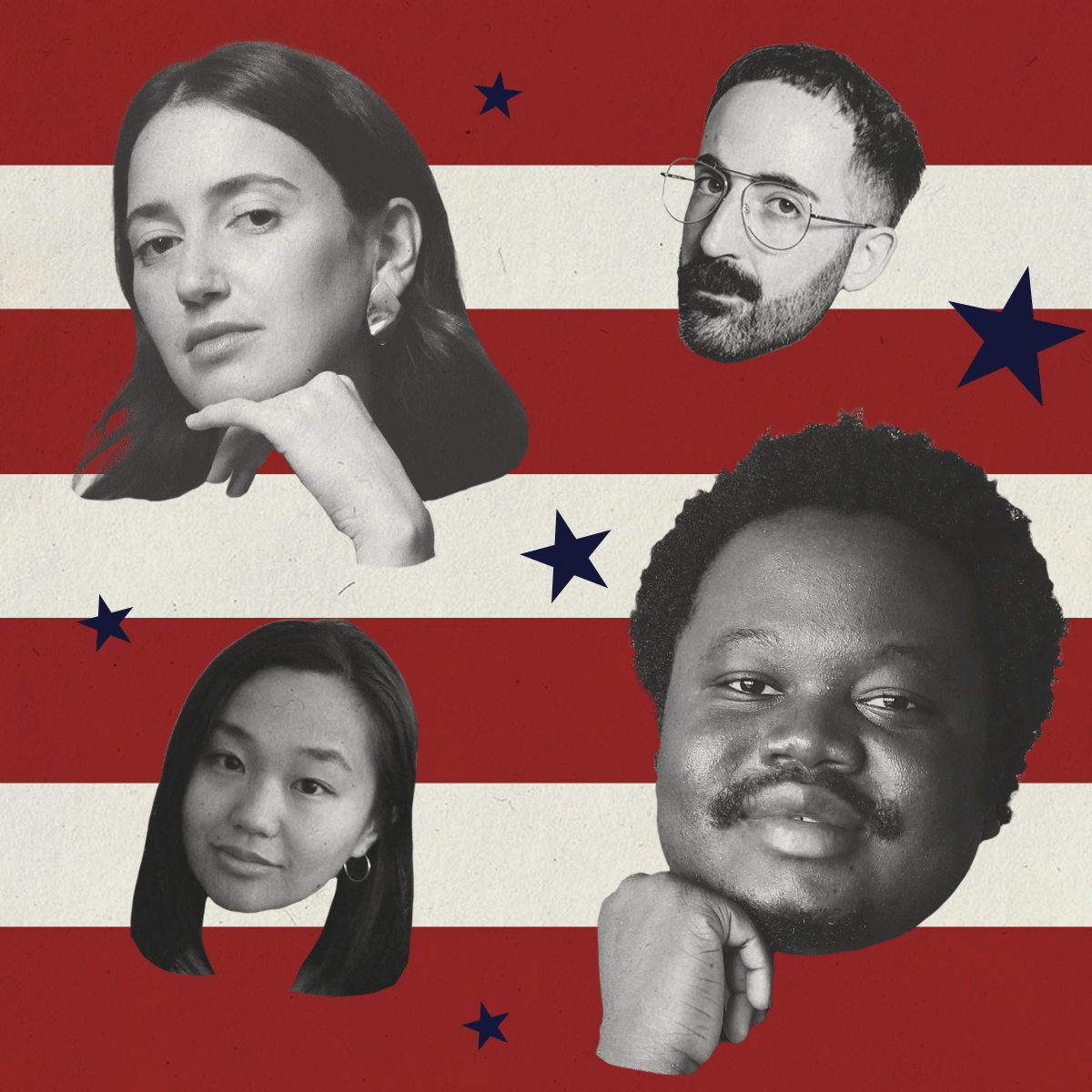 Invest In America: Meet the Political and Creative Forces Driving American Fashion's Evolution
Invest In America: Meet the Political and Creative Forces Driving American Fashion's EvolutionThe future is now.
By Ana Escalante
-
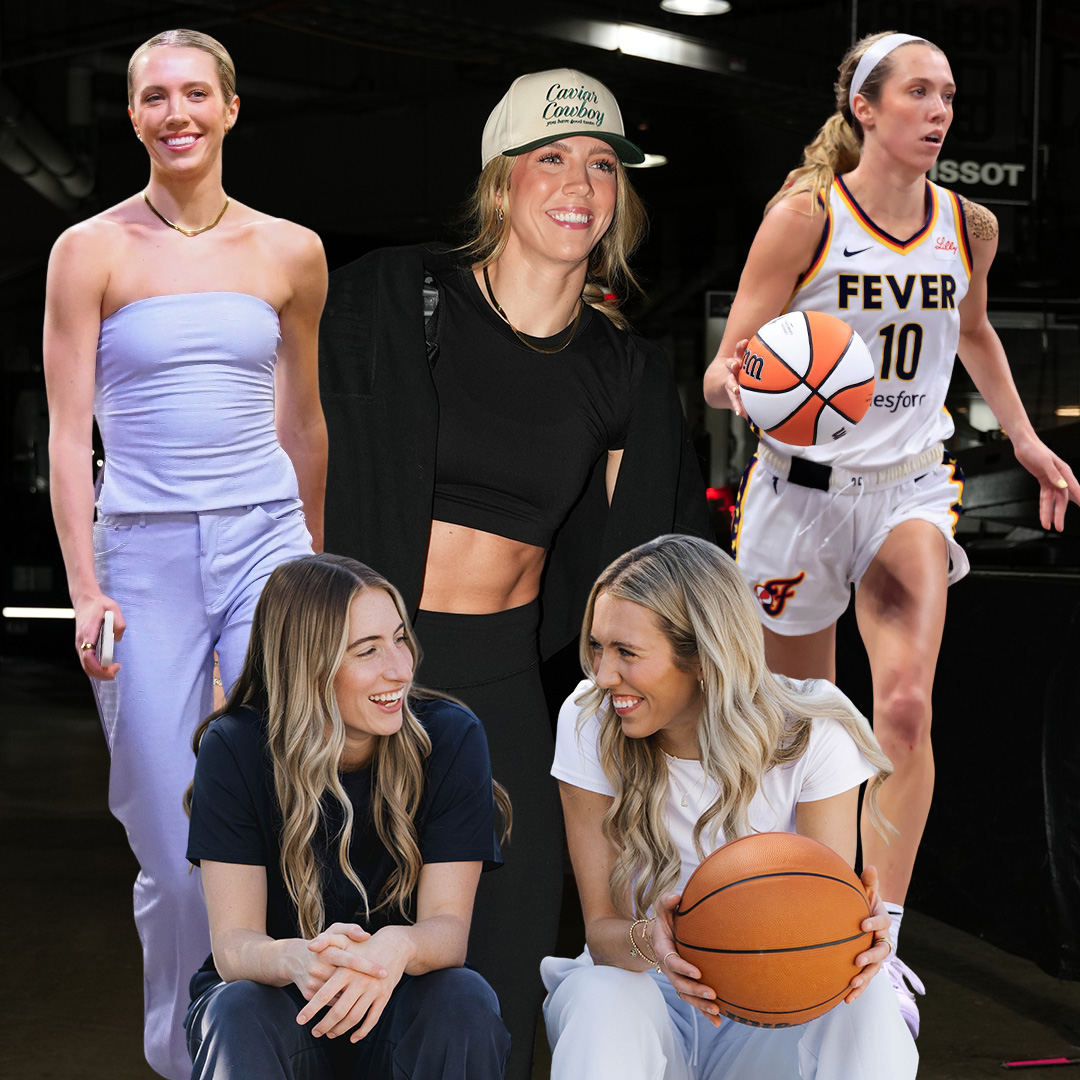 Meet Lexie Hull, TikTok's Favorite Shooting Guard Turned Influencer
Meet Lexie Hull, TikTok's Favorite Shooting Guard Turned InfluencerI spoke with Athleta's newest Power of She Collective member.
By Eliza Huber
